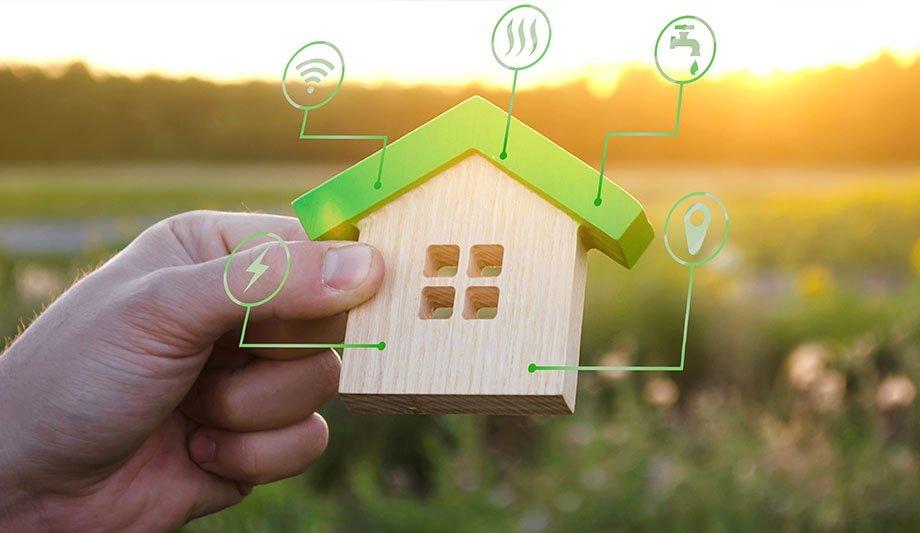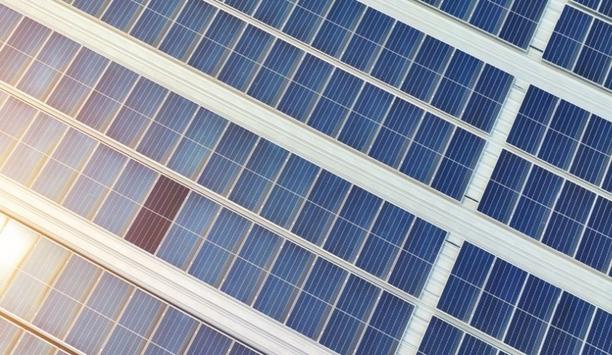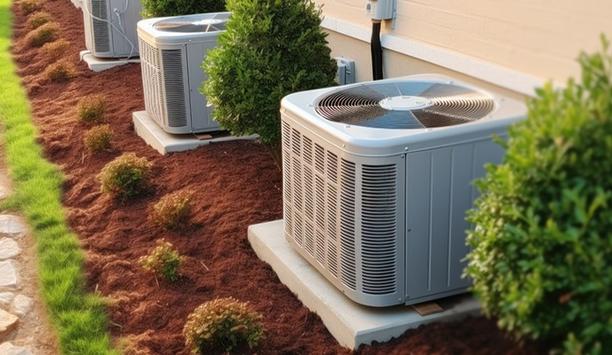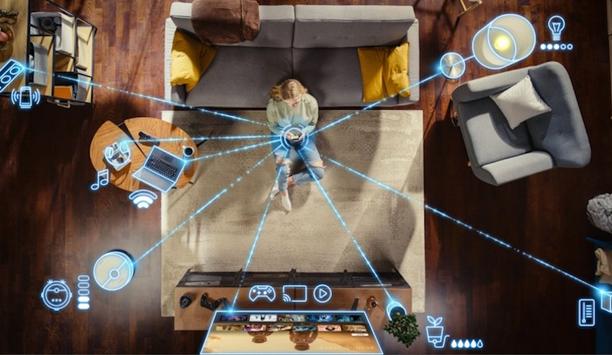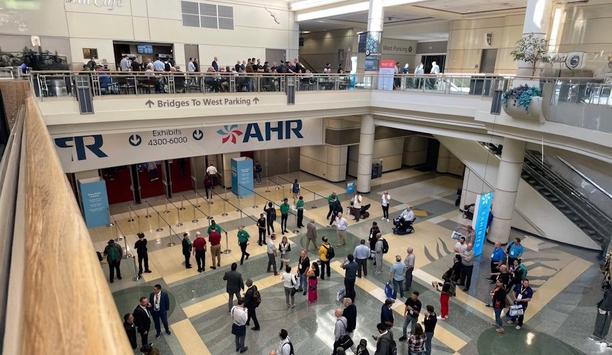Millennials have been shaped by their experiences growing up with technology and by their heightened awareness of the environment. These facets of a consumer market dominated by millennials will guide the future of the HVAC market over the next several years.
Each generation reshapes markets in their own image. In the case of millennials, trends and behaviors are influencing how companies design new solutions, including those in the world of HVAC.
Sustainable solutions and personalized experiences
Millennials place a premium on sustainable solutions that reduce their environmental impact
Millennials place a premium on sustainable solutions that reduce their environmental impact. Millennials also want more personalized and convenient experiences, and they value enhanced customer service support.
New systems designed with a personalized and ecological mindset are amplifying efficiency and convenience and giving unprecedented control to create a truly connected home for technophilic millennials.
Future HVAC products to cater to millennials
The challenges of catering to millennials is one of the trends LG Electronics has listed among those likely to impact the HVAC industry in the months and years ahead. The trends are directly guiding LG’s product mix, including WiFi-enabled indoor units and LG’s Smart ThinQ application, which put the ability to control a home’s comfort system at the consumer’s fingertips.
Here are some other trends to watch, listed by LG Electronics, when looking ahead to 2021 and beyond:
- Greener solutions on the horizon: Beyond appealing to millennial sensitivities, green solutions have a long list of their own advantages. Industry providers are responding by creating more sustainable and efficient products to enable customers to reduce their carbon footprints. LG Inverter air conditioning systems are designed to minimize efficiency losses, provide sustainable energy savings and contribute to lower lifecycle costs.
- More efficiency and reduced costs: Geothermal heat pumps have quickly proven themselves to be an alternative energy source, offering both warming and cooling capabilities. They are a highly effective and renewable energy source that can transfer heat from the ground to cool and heat buildings.
- Minimizing greenhouse gas emissions: Connecting HVAC to the electrical grid highlights the importance of reducing greenhouse gas emissions. Air-to-water heat pumps and other solutions can generate cooling and heating from one unit, thus furthering the transition from natural gas, fuel oil or coal.
- Fulfilling the need for new employees: The next generation of HVAC engineers and technicians requires training programs. LG Air Conditioning Academies provide training and skills programs around the world to empower the new generation of HVAC professionals.
- The impact of COVID-19: The pandemic has created a need for greater safety precautions within the HVAC industry. Remote working trends and additional precautions will likely continue to impact the industry even post-pandemic. LG HVAC systems are evolving to better aid the road to recovery and to prepare for the new normal with optimal solutions for the ever-changing challenges.
